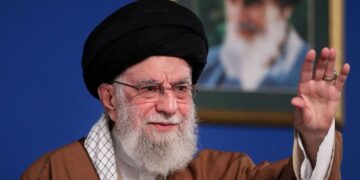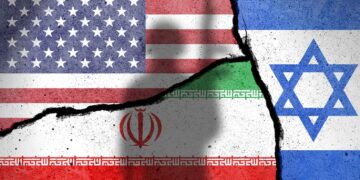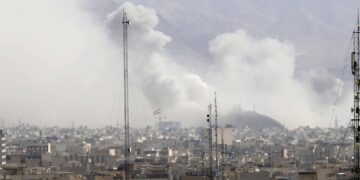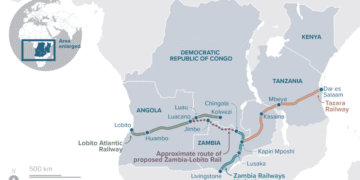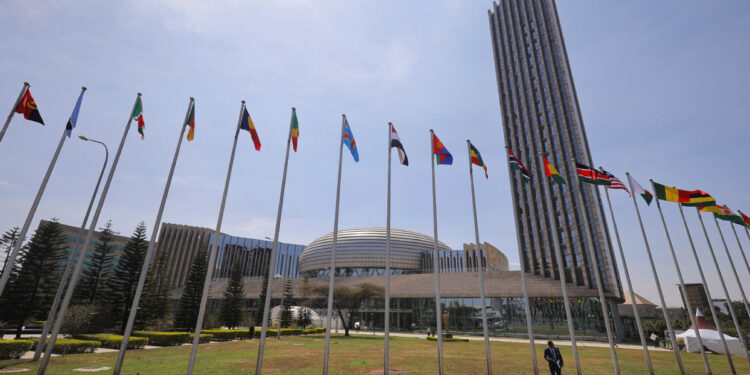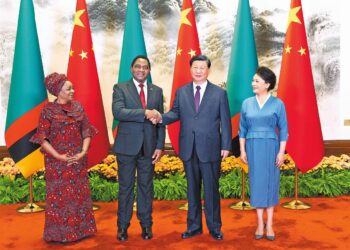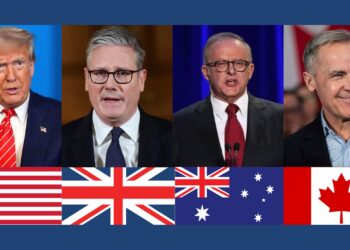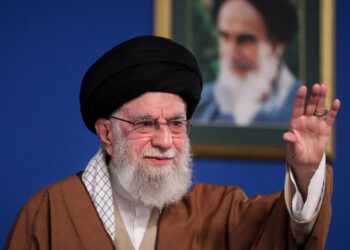For too long, Africa has been treated as a backdrop in global diplomacy—spoken about rather than spoken with, a stage for external rivalries rather than a player with agency. That perception is quickly becoming obsolete. With its population growth, strategic resources, and increasingly assertive leadership, Africa’s voice is no longer optional in global affairs; it is indispensable.
First, Africa is demographically decisive. By 2050, one in four people on earth will be African. This population boom means Africa will shape labor markets, consumer demand, and migration patterns worldwide. Diplomacy that excludes such a demographic force is diplomacy divorced from reality.
Second, the continent’s strategic resources—from critical minerals for clean energy transitions to vast agricultural potential—are central to global economic and environmental sustainability. As the world transitions to renewable energy and digital technologies, Africa’s role as a supplier and innovator will expand, giving its governments more leverage in global negotiations.
Third, Africa has shown growing diplomatic assertiveness. From pushing for reform at the United Nations Security Council to securing a permanent seat at the G20, African states are demanding not just participation but leadership in multilateral forums. This shift reflects a continent increasingly unwilling to be a passive recipient of policy decisions made elsewhere.
Fourth, Africa’s regional institutions, particularly the African Union, are playing more visible roles in conflict resolution and mediation. Whether in Sudan, Ethiopia, or the Sahel, African-led diplomacy signals that local solutions are being prioritized over externally imposed ones.
Finally, Africa represents a moral and political force. On issues like climate justice, global inequality, and sovereignty, African leaders are articulating perspectives that resonate well beyond the continent. Their insistence that the global order reflect fairness and inclusivity echoes the sentiments of many nations across the Global South.
The future of global diplomacy will not be shaped by Western capitals alone. It will be co-created with the voices of rising powers and regions that can no longer be sidelined. In this new multipolar world, Africa is not merely part of the conversation—it is shaping it. Ignoring that reality is not just shortsighted; it is strategically self-defeating.

